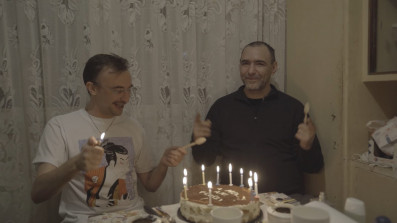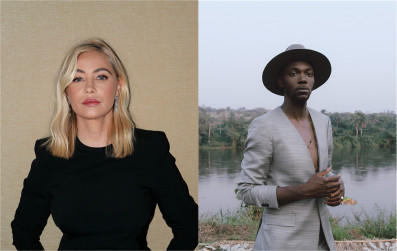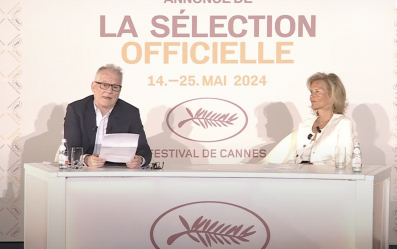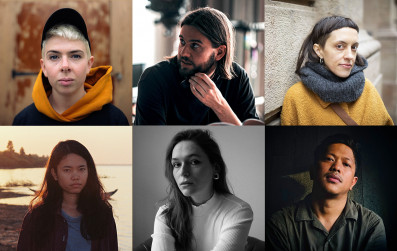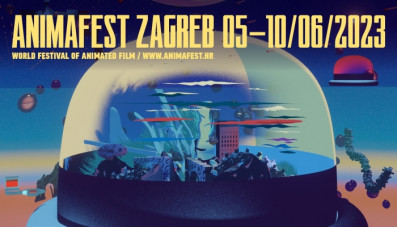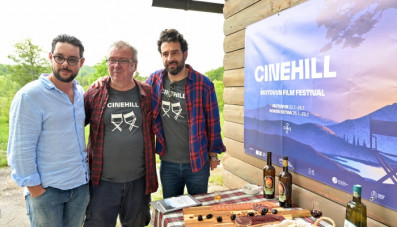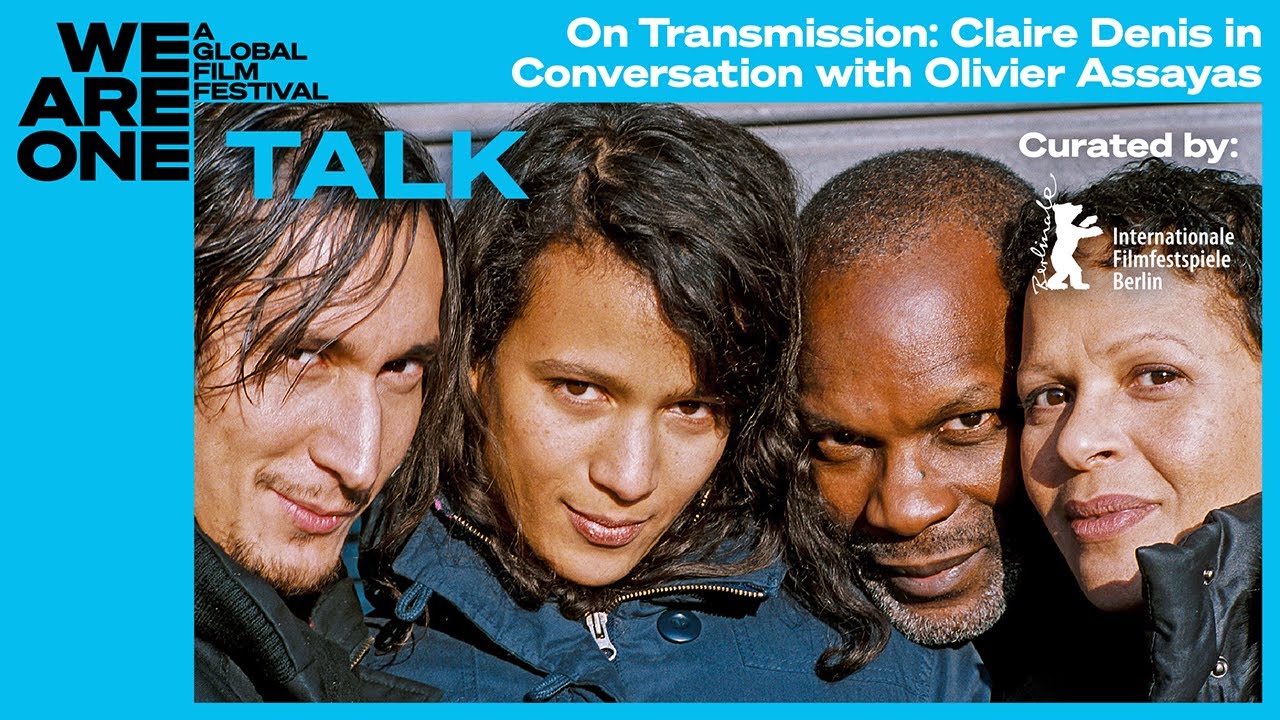
On Transmission: Claire Denis in Conversation with Olivier Assayas
Second day of We Are One featured a look into the deep connection between the two flmmakers' identitites.
Claire Denis and Olivier Assayas sat on stage at the 2020 Berlin Film Festival after the screenings of their respective films: 35 Shots of Rum and Irma Vep to discuss their careers, shared history, and the connection between cinema now and "then".
The conversation was a part of the Berlinale's On Transmission series of talks, an event organized in celebration of the 70th festival anniversary. Carlo Chatrian, artistic director of the Berlin Film Festival, invited seven notable directors - in this case, Denis, an iconic individual voice of French cinema - each of whom brought a guest. The idea behind it sets the tone for the talks: “Artists do not work in isolation; their work is the result of their own capabilities and techniques of filtering the works of others”, said Chatrian.
And it seems that this bond perfectly encapsulates the relationship between Denis and Assayas. As we learn through the one-hour conversation, the trajectory of their careers and taste has been influenced by each other’s work long before their paths crossed at Berlinale, one morning at breakfast. While Olivier Assayas was working for the famous film magazine Cahiers du cinéma and was on his mission to bring global cinema to France - often introducing Asian directors such as Edward Yang - Claire Denis was assisting filmmakers Wim Wenders, Jim Jarmusch and Jacques Rivette, and producing works that showed it is possible to venture outside of the French Nouvelle Vague and become something that to Assayas seemed impossible – a French international director.
Their earlier feelings of being "out of synch" with their country's independent industry– then confidently called auteur cinema, now less so - was central to the conversation. It was a fortress of sorts, a comparison made by Denis, in a sense that the community was strong and nurtured a recognizable identity, but left those on the outside of the conventions feeling cold and in search of their own people.
And both of the guests found themselves on the outside – at least in their minds. Whether because of Denis' childhood in West Africa or Assayas' love for the international music and film, they were aware that their work could not fit in with the accepted ideas of the time and place.
This proves to be their strength. Denis’ directorial debut Chocolat (1988), a semi-autobiographical piece on African colonialism brought her international acclaim. Later on, with films such as US Go Home (1994), Beau Travail (1999), Trouble Every Day (2001), she continued to explore both the post-colonialism landscape of Africa and modern France in a distinct voice. Then came Olivier, who first started working as a writer for Cahiers du cinéma and by his own admission, it was one way for him to learn about film. He then continued to write screenplays for André Téchiné, his name gaining recognition and this brought him to directing his 1986 feature debut, Désordre, which was awarded the Critic’s Week Prize at the Venice Biennale. In 1994 came Cold Water, then Irma Vep (1996), a homage to Hong Kong cinema, and Summer Hours (2008), to name a few.
Listening to these two great names of cinema speak of their sense of "otherness" and their gratitude to the US film critics who brought attention to their work, more often than critics at home found a motivation to do the same, there is no doubt as to why they found a kinship in each other. Now, they proclaim, they are a trusting voice in each other's work process. Denis mentions Assayas' films as those that give her an inspirational kick when she feels stuck and he professes that she is the one who made him believe that he can follow his instincts and find his place in the industry. There is truly no need to look further to understand what On Transmission is about.



